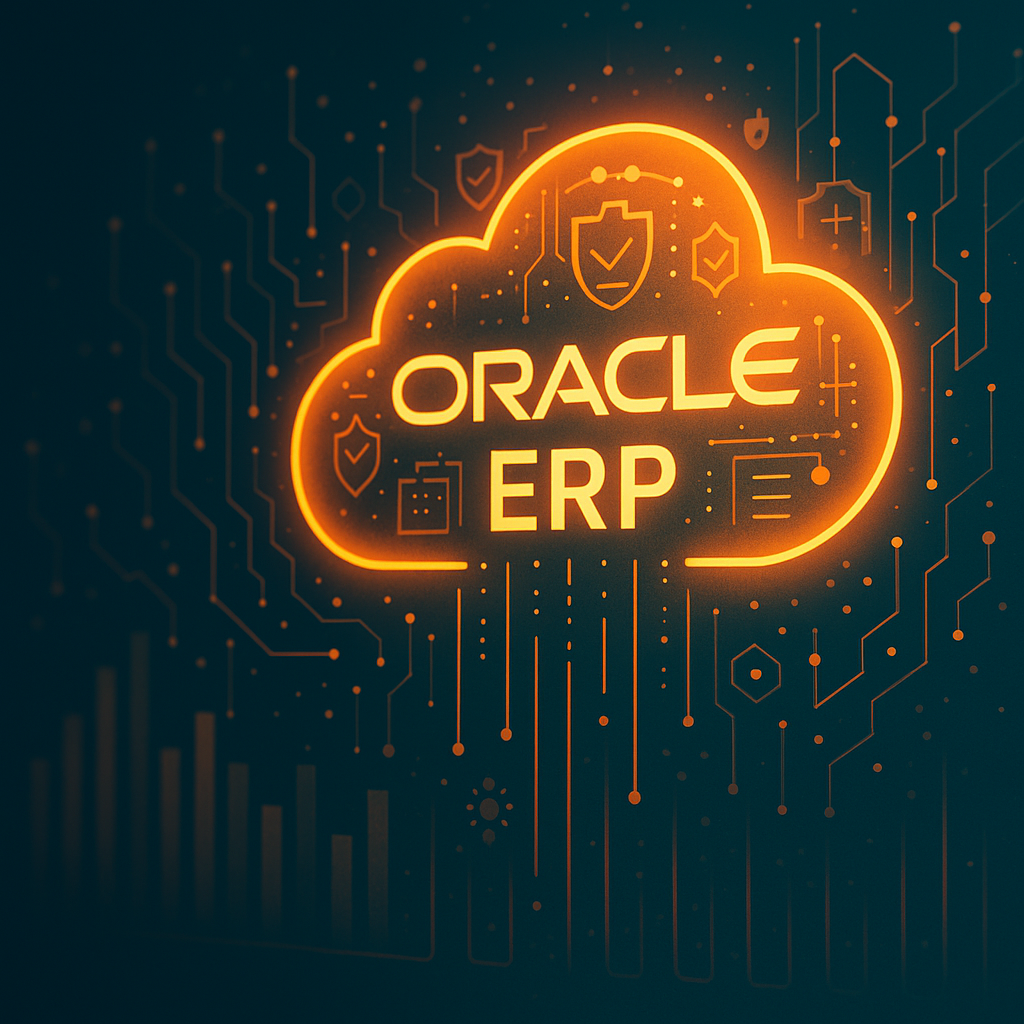
Oracle Fusion ERP Gains Momentum: Can It Overtake SAP in Certain Industries?
For years, SAP has dominated the enterprise ERP space. But in recent years, Oracle Fusion ERP has emerged as a serious challenger, particularly in industries with heavy finance, HR, and compliance requirements. With Fusion Cloud ERP adoption rising globally, many are asking the question: Can Oracle realistically overtake SAP in certain sectors?
In this article, we explore where Oracle Fusion ERP is gaining traction, its competitive strengths, and how enterprises should evaluate its potential versus SAP.
1. Oracle’s Growth Trajectory
Oracle has steadily increased its ERP market share, driven by:
- Cloud-first positioning: Oracle Fusion is entirely SaaS-based, offering continuous updates and scalability.
- Financial and HR dominance: Its strengths in core financials and HCM make it a strong choice for service-based industries.
- AI and analytics integration: Oracle embeds advanced reporting, predictive models, and BI dashboards into Fusion.
- Global compliance: Particularly strong in tax, payroll, and governance-heavy markets.
This growth reflects Oracle’s deliberate focus on industries where process standardization and compliance outweigh deep customization needs.
2. Strengths Compared to SAP
While SAP remains strong in manufacturing, supply chain, and complex industries, Oracle Fusion ERP is outperforming in:
- Financial Services: Strong reporting, compliance, and risk management capabilities.
- Professional Services: Agile, SaaS-based functionality supports fast-moving service firms.
- Public Sector: Strong governance and compliance features.
- Healthcare & Education: Native HCM and finance integration makes it attractive in people-centric industries.
3. Challenges Oracle Faces
Oracle Fusion ERP still has hurdles:
- Limited depth in manufacturing and supply chain compared to SAP and IFS.
- Perception gap — some enterprises still view Oracle as secondary to SAP in global ERP.
- Migration complexity — moving from Oracle E-Business Suite (EBS) to Fusion remains challenging for legacy clients.
These factors mean Oracle is unlikely to fully displace SAP in asset-heavy industries, but it has carved out a dominant niche elsewhere.
4. The Market Outlook for 2025
Industry analysts predict that Oracle will continue to grow aggressively in service-led industries. With AI-driven analytics, embedded compliance, and continuous innovation, it appeals to organizations prioritizing agility and governance over customization-heavy ERP.
For enterprises, the takeaway is clear: SAP may not always be the automatic choice. Evaluating Oracle Fusion ERP is now a must-do step in ERP selection processes.
Conclusion
Oracle Fusion ERP is not a universal SAP replacement — but in finance, HR, services, and compliance-led sectors, it is fast becoming the stronger option. For CIOs and program managers, the decision will increasingly come down to industry requirements, process depth, and appetite for SaaS innovation.
